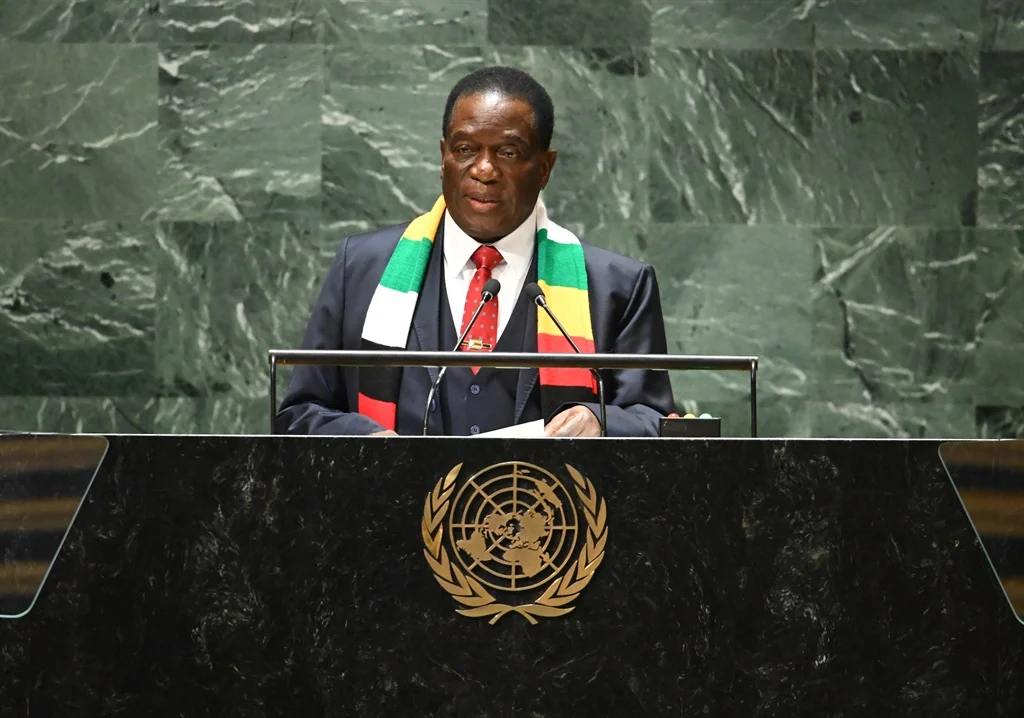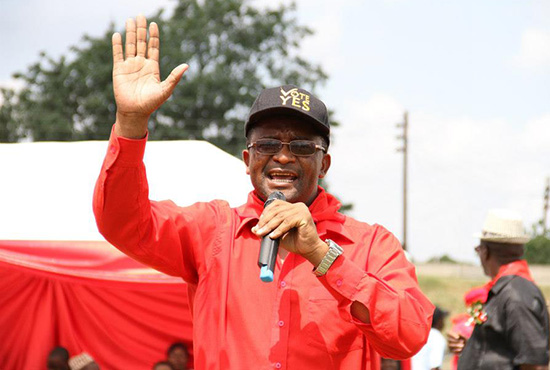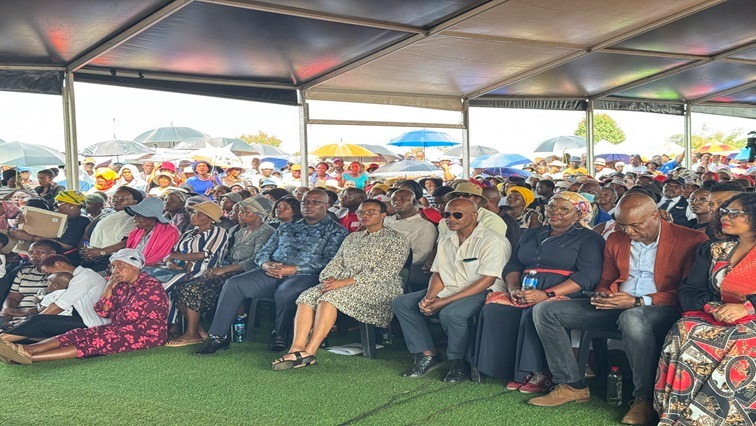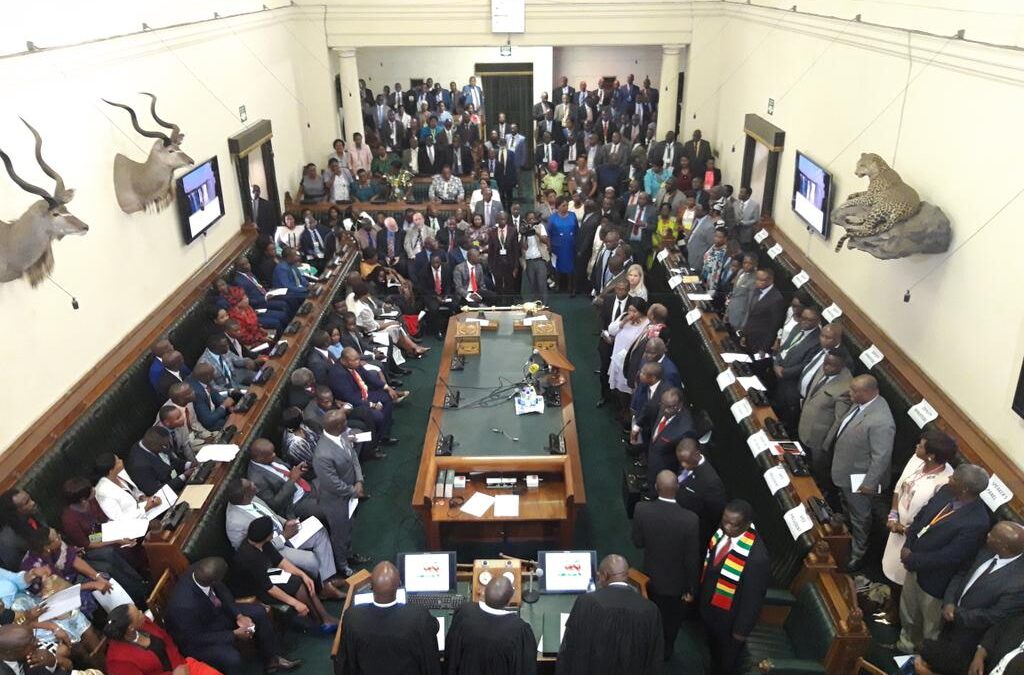Ashley Masakadza
President Emmerson Mnangagwa made his address yesterday at the 78th United Nations General Assembly where he urged Nations to remain committed to the United Nations Charter and work towards creating economies that develop the lives of people. He also amplified the call for the removal of sanctions on countries like Zimbabwe and Cuba.
In his address, President Mnangagwa said Nations should unite to achieve the Agenda 2030 and deal with matters of urgent attention like climate change, terrorism and pandemics efficiently.
“ It is imperative that we re-commit to the Charter of the United Nations, multilateralism, solidarity, justice and the peaceful settlement of disputes for sustainable development and a shared future. By working together, we can harness our expertise and learn from one another to strengthen international institutions for the accelerated attainment of Agenda 2030. The impact of conflicts, terrorism, climate change-induced natural disasters, biodiversity loss, and the rising prevalence of disease and pandemics especially in the developing world, deserve our urgent attention,” President Mnangagwa said.
He called for the removal of sanctions on Zimbabwe , saying they were impeding the country from reaching its developmental goals.
“Zimbabwe has been under illegal, unilateral economic sanctions for 23 years, imposed by some western countries. We, therefore, demand that the unjustified unilateral sanctions be lifted, including those imposed on countries like Cuba. We, further, condemn the use of unilateral and illegal sanctions as a foreign policy tool at the disposal of some powerful nations, such as those sanctions imposed on Zimbabwe and other countries. Such actions hamper the trust, global solidarity and multilateralism we desire.
“ In spite of these debilitating sanctions the people of Zimbabwe have become masters of their own destiny. This is anchored on a philosophy that as a people we have the duty and responsibility of developing our own nation, using our domestic resources. We are recording unprecedented development and economic milestones. For the last three years, our country has been the fastest-growing economy in our southern Africa region. Further, Zimbabwe is prioritizing the eradication of poverty and improving the quality of the life of our people,” he said.
On Climate change, President Mnangagwa said Zimbabwe has not been spared from its effects, but it is putting mitigations to make sure food security is achieved within its borders.
“ Zimbabwe has not been spared from the negative impact of climate change; Hence, my government continues to make the requisite investment in infrastructure to mitigate and build resilience towards climate change adaptation. The empowerment and capacitation of communal and small-scale farmers have seen us realize food and nutrition security at both household and national levels. With effect from this year, our country will become a net exporter of wheat. In addition, we have begun an ambitious yet achievable program to sink solar-powered boreholes in each of our country’s 35000 rural villages and schools. Alongside each of these water points are commercial nutritional gardens for the empowerment of women and youth,” said President Mnangagwa.
President Mnangagwa’s call for the removal of sanctions was amplified by other African leaders like President Cyril Ramaphosa from South Africa and President Hage Geingob of Namibia who said their existence are causing unintended consequences on neighboring countries.
“The sanctions that are applied against Zimbabwe should be lifted as they are imposing untold suffering on ordinary Zimbabweans, but also have collateral negative impact on neighboring countries as well as my own country, South Africa,” said Ramaphosa.
“Selective punitive measures against Zimbabwe and Venezuela must also be lifted as these measures constitute the greatest obstacle to the implementation of the 2030 Agenda for sustainable development,” said Geingob.





0 Comments